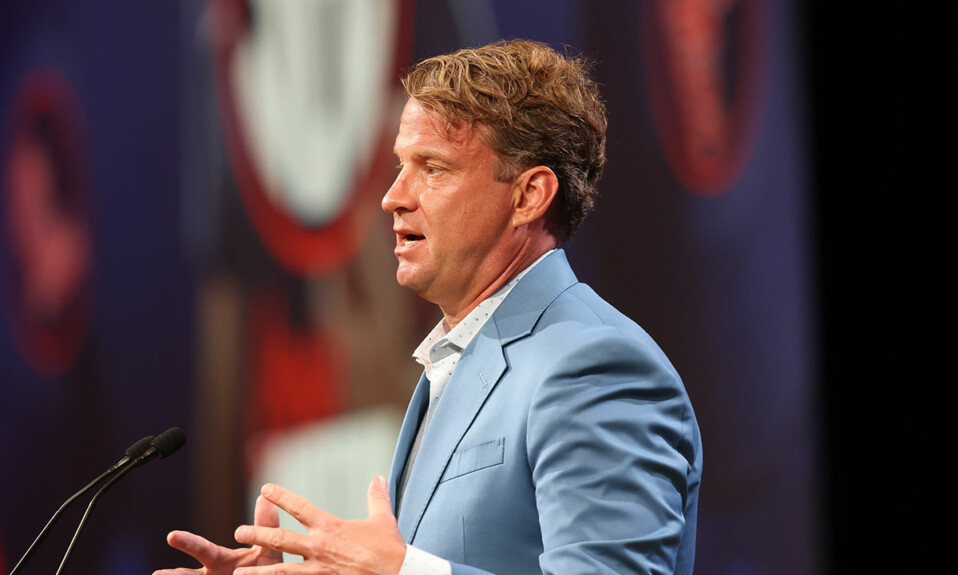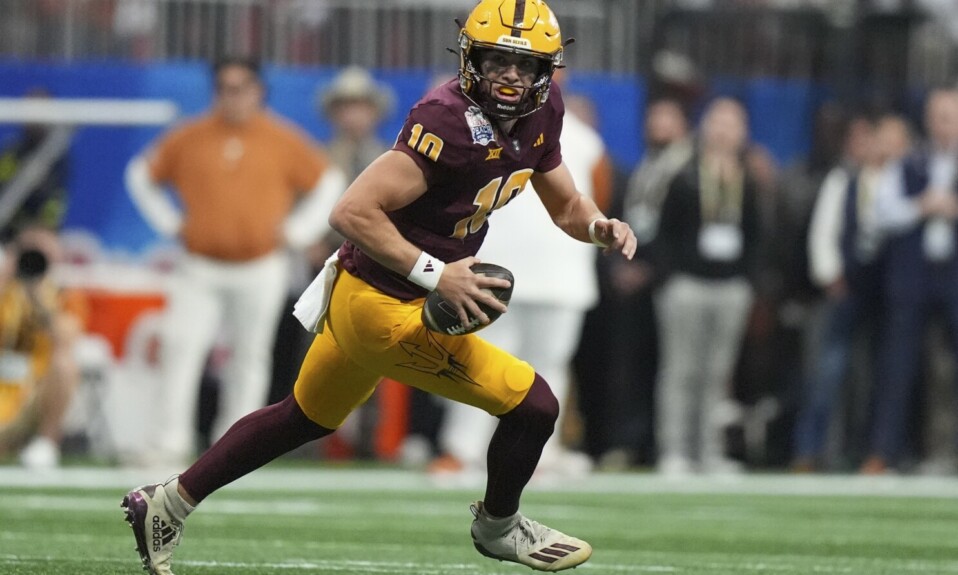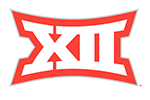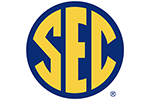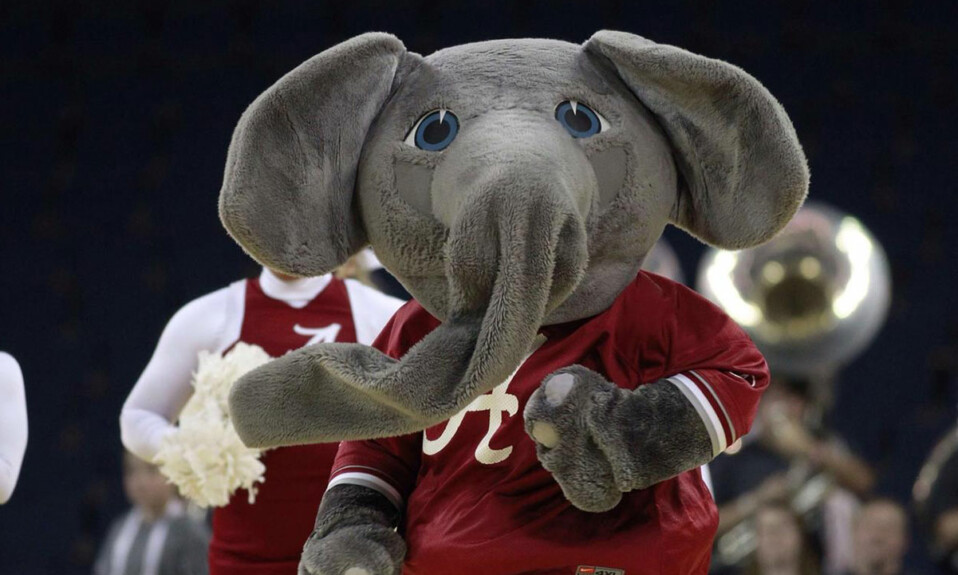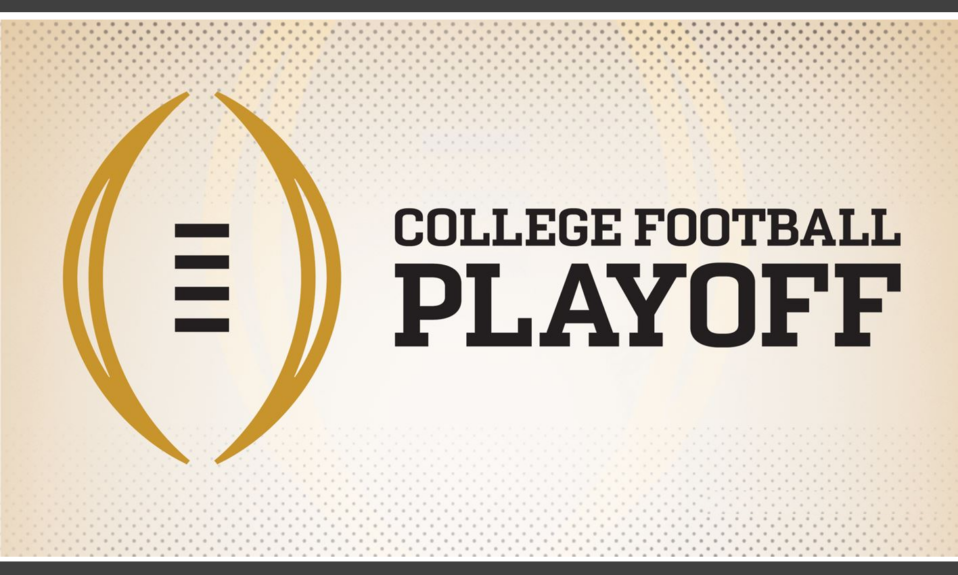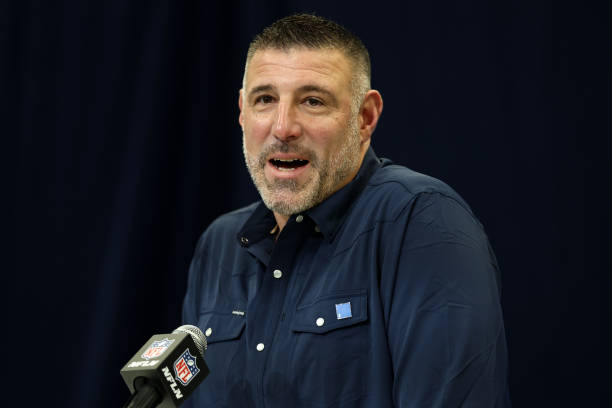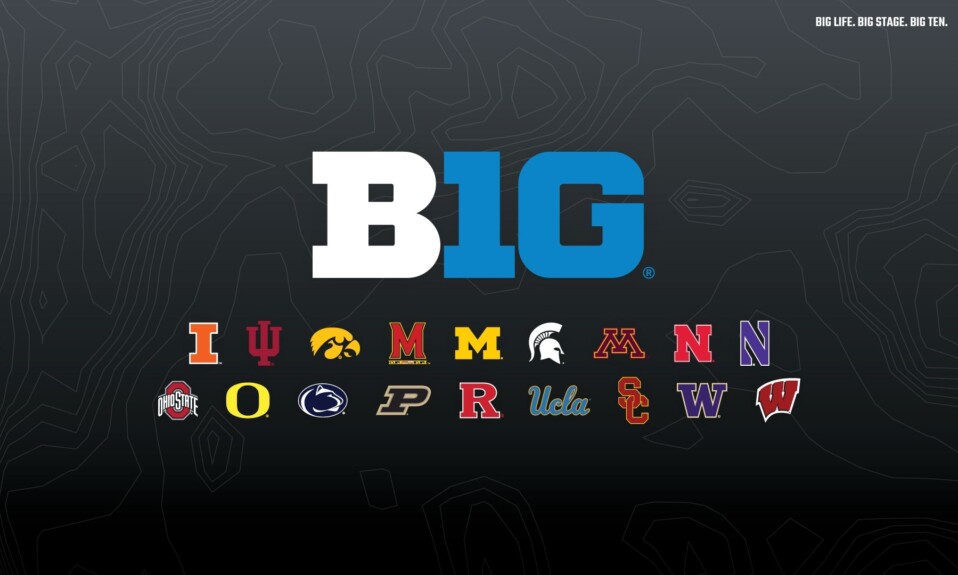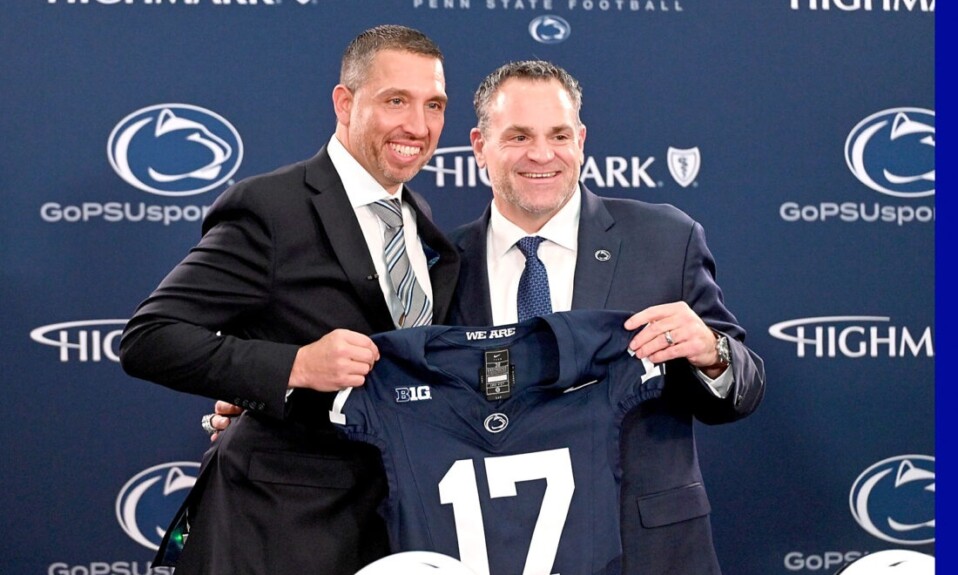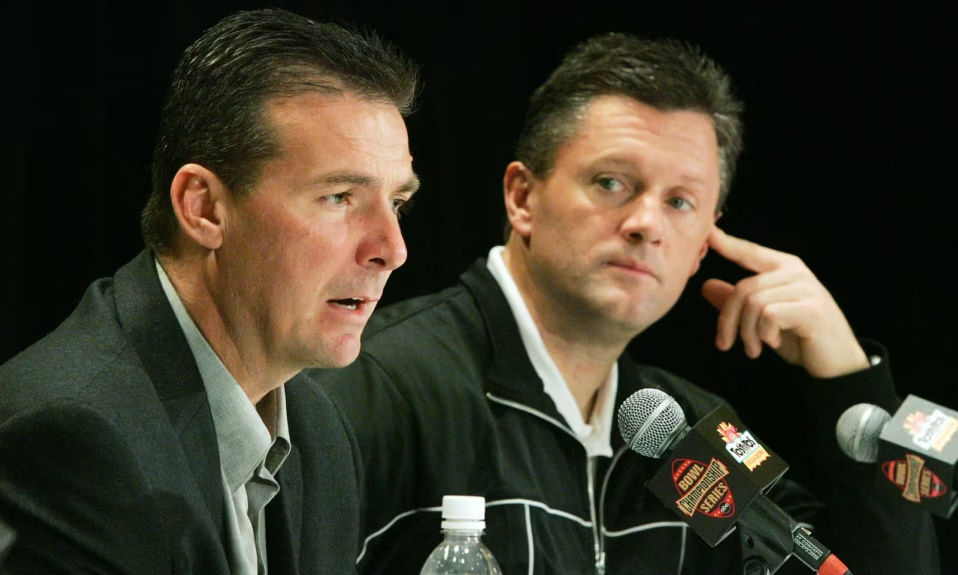When Lane Kiffin sat down for an interview on Marty & McGee and spoke about the current state of college football, he didn’t want to present himself like a public figure.
“Not like I’m the president giving the State of the Union, like I’m the President of NIL and (Transfer) Portal problems,” Kiffin said.
The current landscape of college athletics is in flux. With variables like name, image and likeness and the transfer portal, student-athletes have a range of options to consider unlike at many points in time like before.
Also in the mix is the conference realignment aspect. Kiffin and the Southeastern Conference will soon include Oklahoma and Texas in the mix while the Big Ten will increase to 18 programs and the Big 12 will have 16 come midway through 2024.
Near the center of focus should be the student-athlete, Kiffin and his colleagues have said.
“I’ve told them it is a great time for them to capitalize on this,” Kiffin said. “You can capitalize coming out of high school, you can capitalize on your one-time transfer basically getting a new contract somewhere and then as a grad transfer, so it’s really good for them. But it’s really a bad system of trying to manage things.”
Kiffin said a number of factors have forced him to evolve as a head coach. In an era where student-athletes have a transfer to play immediately once in their careers, Kiffin said he’s seen one of the issues being that “we don’t have many kids that are dying to be here, like they didn’t grow up on and to go to Ole Miss.”
Among the areas impacted is inside the team locker room, according to Kiffin.
“I think kind of accepting that you’re going to not have phenomenal culture — doesn’t mean I don’t work on it,” Kiffin said. “But I think I have to realize like, ‘Hey, just is what it is.’”
In today’s era of the one-time transfer and the transfer portal, Kiffin said the impact has also been seen in team schematics and dynamics.
“Unfortunately, now it’s like plug and play,” Kiffin said.
Kiffin said when he would get asked if he preferred coaching in the NFL or in college football that he’d respond by choosing the latter because “the players care so much about where they’re at.”
Kiffin said he’s noticed the appreciation from those around him when he’s spoken and shined light on what life is like in the college football business. He’s noticed the sport has become more like a business similar to the professional ranks.
Kiffin recalled when college student-athletes had a desire to play “where they wanted to play for when they grew up,” and he, like many coaches around the game, expressed his emotions in regard to the current state of college football.
“It just makes for a very different dynamic, and we’re now moved towards that to where it is really business, and I would say the joy is not the same,” Kiffin said.
